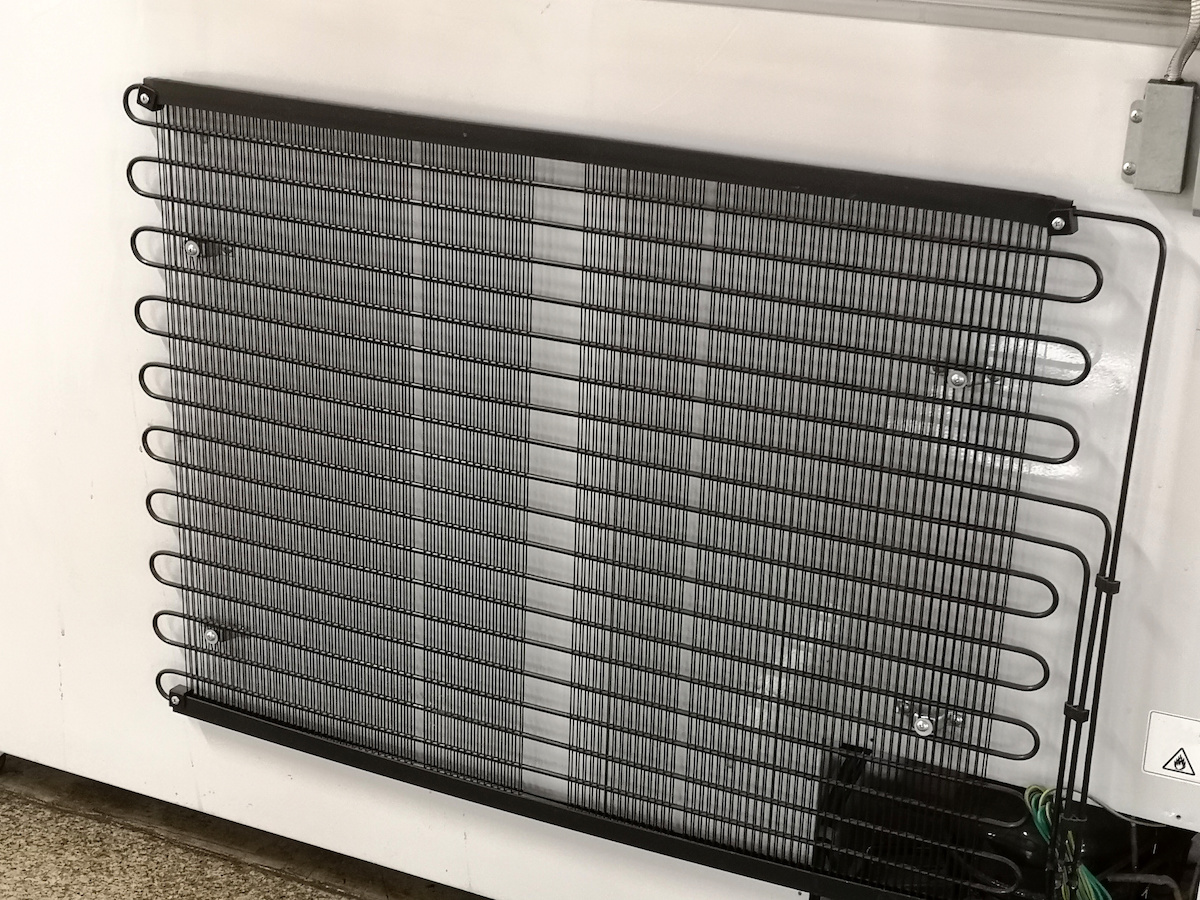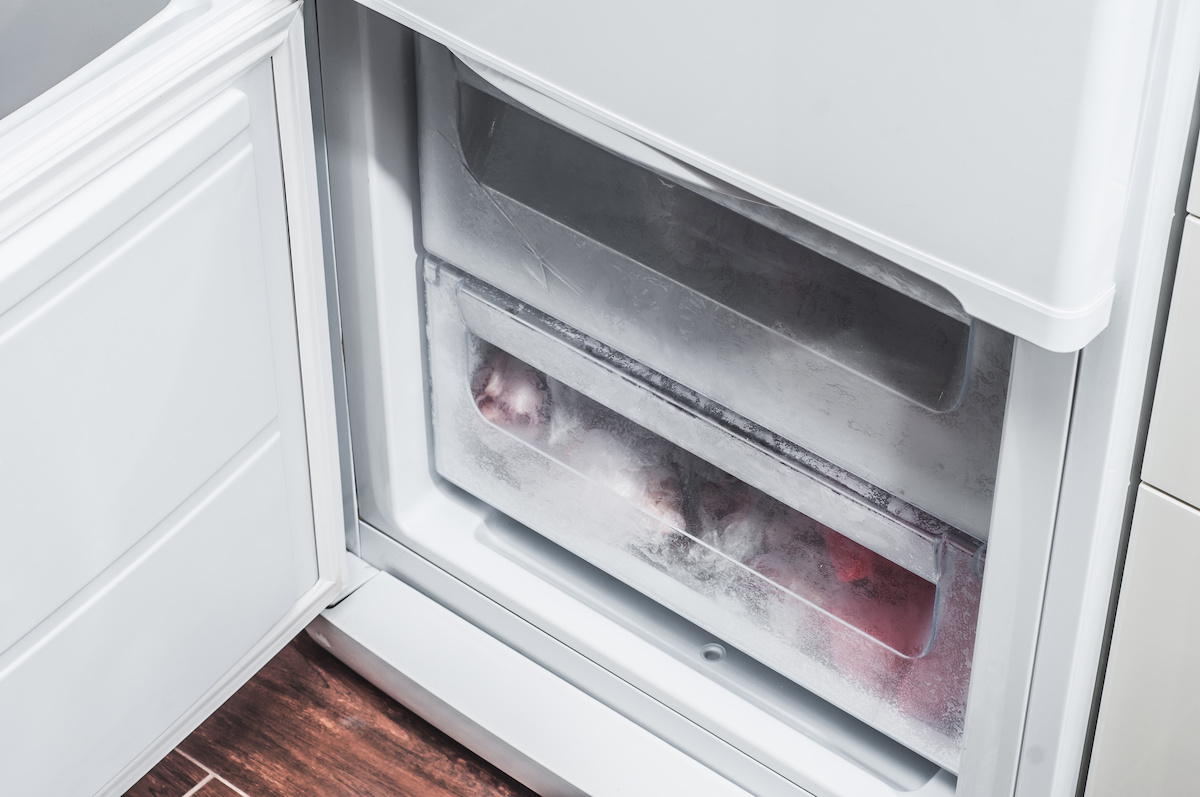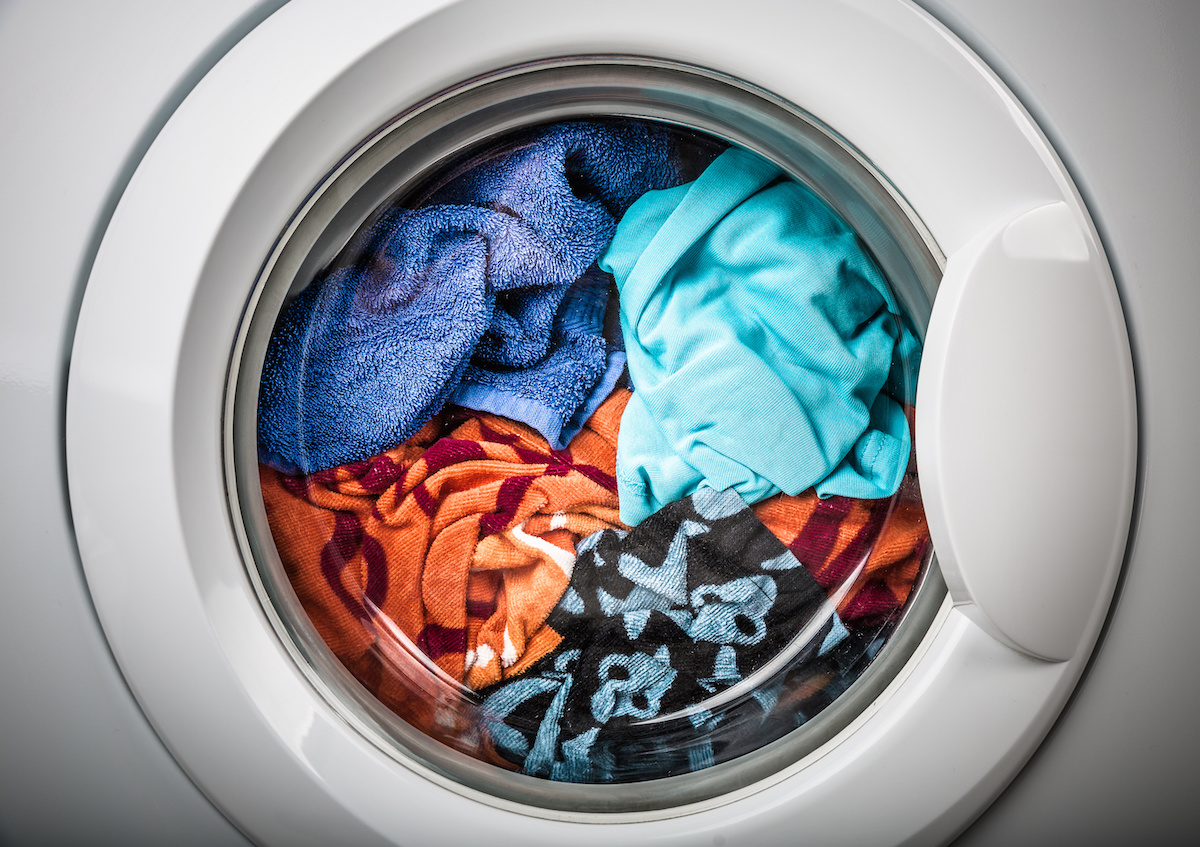
Our Best Appliance Efficiency Tips
In today’s world, where energy conservation and environmental sustainability are at the forefront of global concerns, making small changes in our daily lives can collectively make a significant impact. One area where we can contribute to this effort is by optimizing the efficiency of our household appliances.
Not only does this lead to reduced energy consumption and lower utility bills, but it also plays a vital role in reducing our carbon footprint. In this article, we will delve into our best appliance efficiency tips, guiding you on how to make informed choices, optimize usage, and adopt practices that benefit both your wallet and the environment.
The Significance of Energy-Efficient Appliances
Energy-efficient appliances offer numerous benefits that extend beyond just cost savings. They are designed to use less electricity or gas to perform their intended functions, resulting in reduced energy bills.
However, their impact goes much further. By consuming less energy, these appliances contribute to a reduction in greenhouse gas emissions and overall environmental impact. This, in turn, supports global efforts to mitigate climate change and promotes sustainable living.
Stick to These Appliance Efficiency Tips
Choose Energy-Efficient Appliances
When it comes to curbing energy consumption and reducing your carbon footprint, the journey starts right at the point of purchase. Selecting energy-efficient appliances is one of the most impactful steps you can take to make a positive change in your household’s energy usage.
Let’s dive deeper into why this matters and how you can make informed decisions when choosing new appliances.
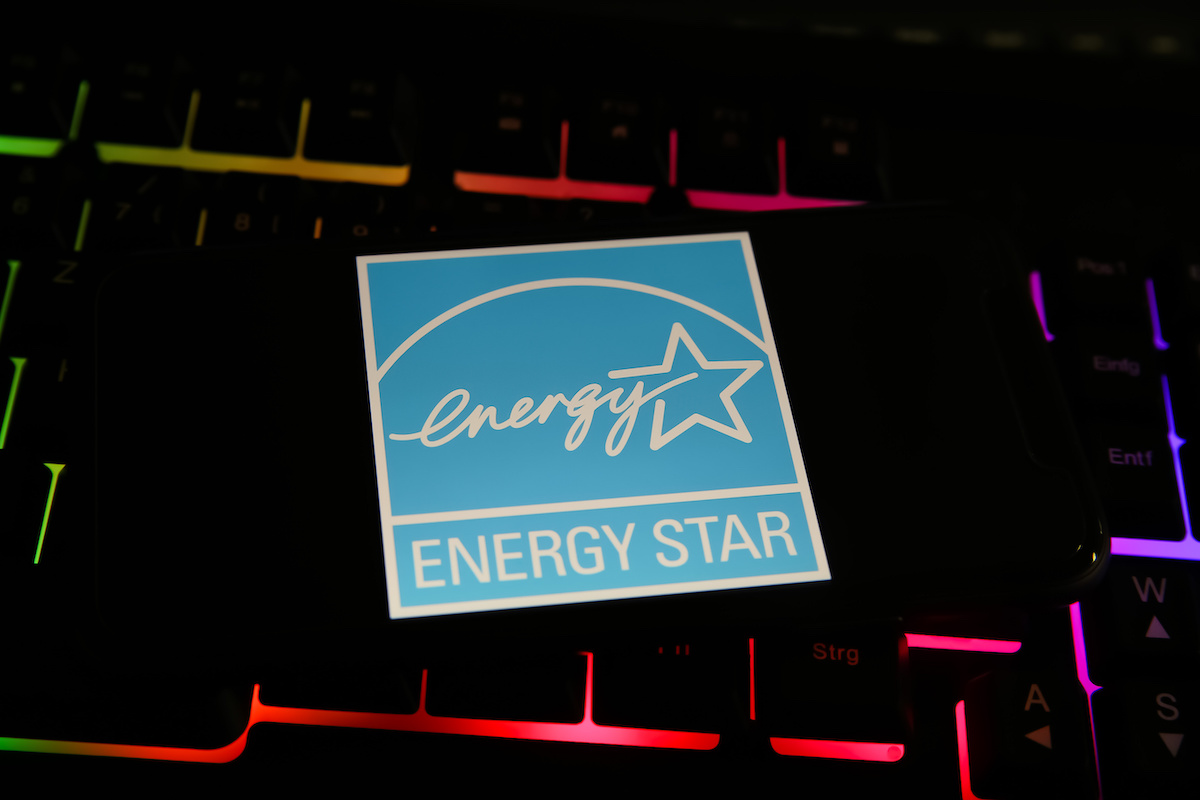
Understanding the ENERGY STAR Label
The ENERGY STAR label, recognized globally as a symbol of energy efficiency, plays a pivotal role in guiding consumers toward more environmentally friendly choices. Managed by the U.S. Environmental Protection Agency (EPA) and the U.S. Department of Energy (DOE), the ENERGY STAR program certifies products—ranging from appliances and electronics to lighting and building materials—that meet strict energy efficiency criteria.
When shopping for appliances, keep an eye out for the blue ENERGY STAR label. This emblem signifies that the appliance meets or exceeds the rigorous energy efficiency standards set by the program. Not only are these appliances designed to save you money on energy bills, but they are also engineered to reduce energy consumption without compromising on performance.
Comparing Energy Consumption Ratings
Apart from the ENERGY STAR label, another crucial tool to aid in choosing energy-efficient appliances is the energy consumption rating. Appliances typically come with an Energy Guide label that provides important information about the appliance’s energy usage and estimated annual operating costs.
For refrigerators, washing machines, dishwashers, and other household appliances, these labels offer valuable insights into the appliance’s efficiency compared to similar models. By comparing the estimated yearly energy costs, you can make an educated decision about which appliance will be the most cost-effective over its lifespan.
Size and Capacity Considerations
When shopping for appliances, it’s easy to get carried away by features and aesthetics, but size matters just as much. Opt for appliances that match your household’s needs, avoiding oversized models that will consume more energy than necessary.
For example, a massive refrigerator may seem impressive, but if it’s mostly empty, it’s wasting energy cooling empty space.
Consider your usage patterns and the number of people in your household. A smaller, appropriately sized appliance that meets your needs can often outperform a larger one in terms of energy efficiency.
Assess the available space in your home as well to ensure that the appliance fits seamlessly and doesn’t impact air circulation, which can lead to increased energy usage.
Research and Informed Choices
Before making a new appliance purchase, it’s advisable to do your homework. Research various brands and models, compare their energy consumption ratings, and read reviews from other consumers. Many reputable websites and organizations offer comprehensive reviews and comparisons of appliances, shedding light on their:
- Energy efficiency
- Performance
- Reliability
Additionally, consider reaching out to your local utility company or government agency for energy efficiency incentives, rebates, or tax credits. These programs can help offset the initial cost of purchasing energy-efficient appliances, making it even more enticing to choose greener options.
Optimize Refrigerator Efficiency
The refrigerator is a constant energy consumer in most households. However, by implementing a few simple practices, you can significantly enhance its efficiency.
Firstly, set the refrigerator’s temperature to the recommended level of around 37°F (3°C) and the freezer to 0°F (-18°C). These settings ensure optimal food preservation without excessive energy use.
Regularly clean the coils and vents at the back or beneath the appliance to prevent dust buildup, which can lead to reduced efficiency.
Furthermore, keep the contents organized to minimize the time the door is open and reduce the energy required to restore internal temperatures.
Washing Machine and Dryer Efficiency
Laundry appliances can be energy-intensive, but a few adjustments can make a notable difference.
- Washing clothes in cold water rather than hot or warm water not only conserves energy but also helps preserve the fabric’s quality.
- Whenever possible, wash full loads to maximize the machine’s capacity and efficiency.
- When using a dryer, ensure that the lint filter is cleaned before every load to maintain proper airflow.
- Additionally, regularly clean the dryer vents to prevent lint buildup, which can pose a fire hazard and hinder efficient operation.

Dishwasher Efficiency
Dishwashers offer convenience, but using them efficiently can reduce energy and water consumption. Prior to loading, scrape off food particles rather than rinsing dishes, as modern dishwashers are designed to handle light food residues.
Opt for energy-saving or eco mode if your dishwasher has these settings. These modes extend the wash time but use less water and energy.
Consider air-drying your dishes instead of utilizing the heat drying option to save on energy usage.
Cooking Appliances Efficiency
Efficient cooking practices not only save energy but also preserve the nutritional value of your meals.
- Choose appropriately sized cookware for the burner or heating element to ensure efficient heat transfer.
- Cooking with lids on pots and pans retains heat and speeds up the cooking process.
- When using a stovetop, match the burner size to the pot or pan you’re using; using a small pot on a large burner wastes energy.
Heating and Cooling Systems
Heating and cooling constitute a significant portion of household energy consumption. Proper maintenance is crucial to ensure optimal efficiency. Regularly clean or replace air filters in furnaces and air conditioning units, as dirty filters obstruct airflow and force these systems to work harder.
Consider installing programmable thermostats, allowing you to schedule temperature adjustments based on your routine, and preventing unnecessary energy usage. Furthermore, seal gaps around windows and doors and ensure proper insulation to prevent energy loss.
Lighting Upgrades
Lighting technology has evolved, offering energy-efficient alternatives to traditional incandescent bulbs. Switching to LED or CFL bulbs consumes significantly less energy and has a longer lifespan.
Additionally, consider using task lighting for focused illumination instead of lighting an entire room. Installing motion sensors or timers in areas with infrequent use ensures lights are only active when needed.
Unplug or Power Down
Did you know that even when turned off, some devices continue to draw power? This phenomenon, known as “vampire” or “phantom” power consumption, contributes to unnecessary energy use.
Unplug chargers, electronics, and appliances when they’re not in use to prevent this energy wastage. Alternatively, use power strips to switch off multiple devices with a single action easily.
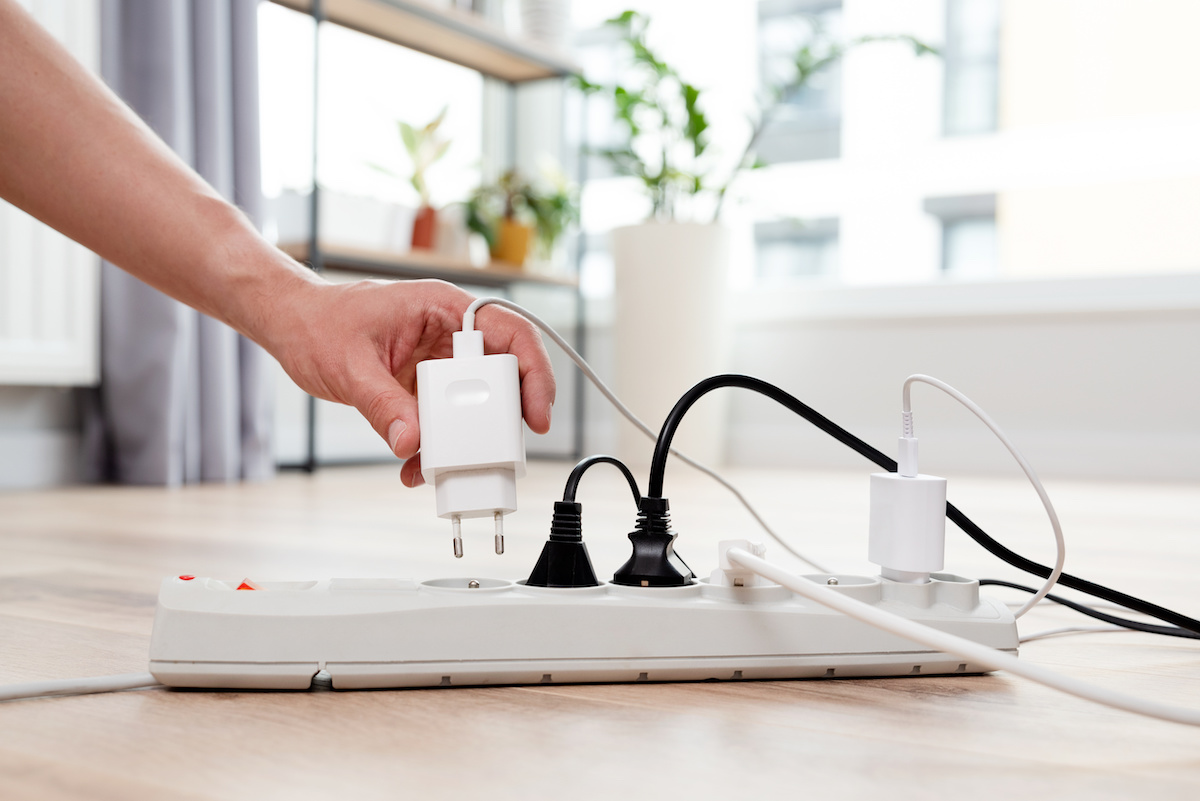
Maintenance and Regular Checkups
Appliance maintenance might seem like an additional task, but it pays off in terms of energy savings and prolonged appliance life. Schedule professional maintenance for complex appliances like HVAC systems and consult the manufacturer’s guidelines for routine upkeep.
Simple DIY checks for wear and tear can prevent energy leakage and potential hazards, such as inspecting:
- Seals
- Cords
- Connections
Address any issues promptly to avoid exacerbating energy inefficiency.
Smart Home Integration
The rise of smart home technology offers innovative ways to enhance appliance efficiency. Smart plugs and energy-monitoring apps provide insights into energy consumption patterns, empowering you to make informed decisions about device usage.
Smart thermostats allow remote temperature control, adapting to your schedule and optimizing energy usage. By automating routines, you can ensure that lights, appliances, and HVAC systems are only active when needed.
Long-Term Investments
For those looking to make more significant contributions to energy efficiency, long-term investments are worth considering. Solar panels offer renewable energy generation, reducing reliance on conventional energy sources. Upgrading windows and insulation enhances home efficiency, reducing heating and cooling demands.
As appliances reach the end of their lifespan, consider replacing them with energy-efficient models to continually improve your household’s efficiency.
Make Sure to Follow These Appliance Efficiency Tips
As we navigate the complexities of the modern world, every action we take has a collective impact. Optimizing appliance efficiency might seem like a minor adjustment, but its implications are far-reaching.
By adhering to the appliance efficiency tips outlined in this article, you not only save money on energy bills but also contribute to the preservation of our planet’s resources. As stewards of the environment, let’s take these small yet meaningful steps toward a more energy-efficient and sustainable future.
If one of your energy-efficient appliances needs repair, give our team at Atlanta Appliance Services a call. We’ll get them back in working order!

